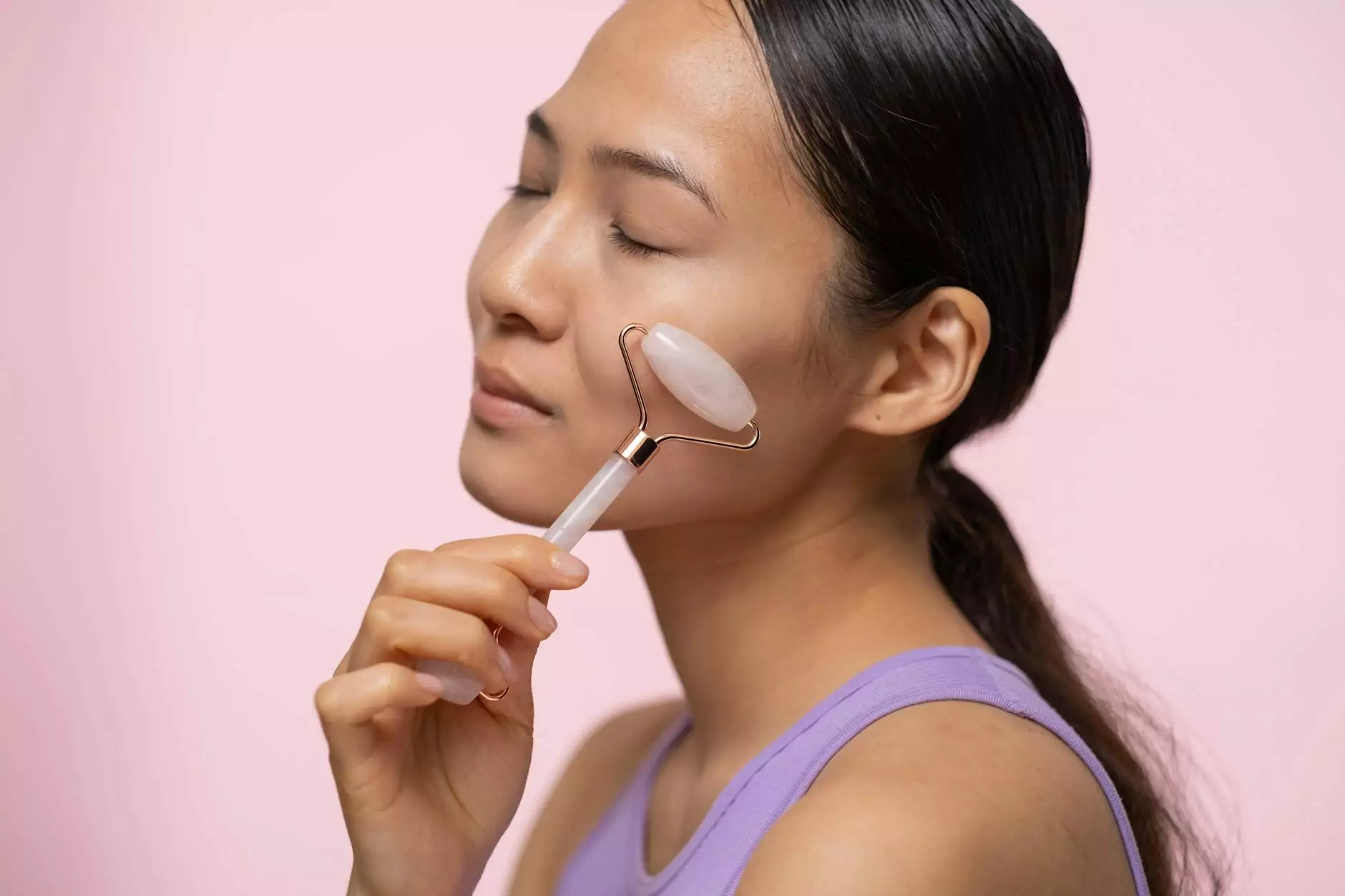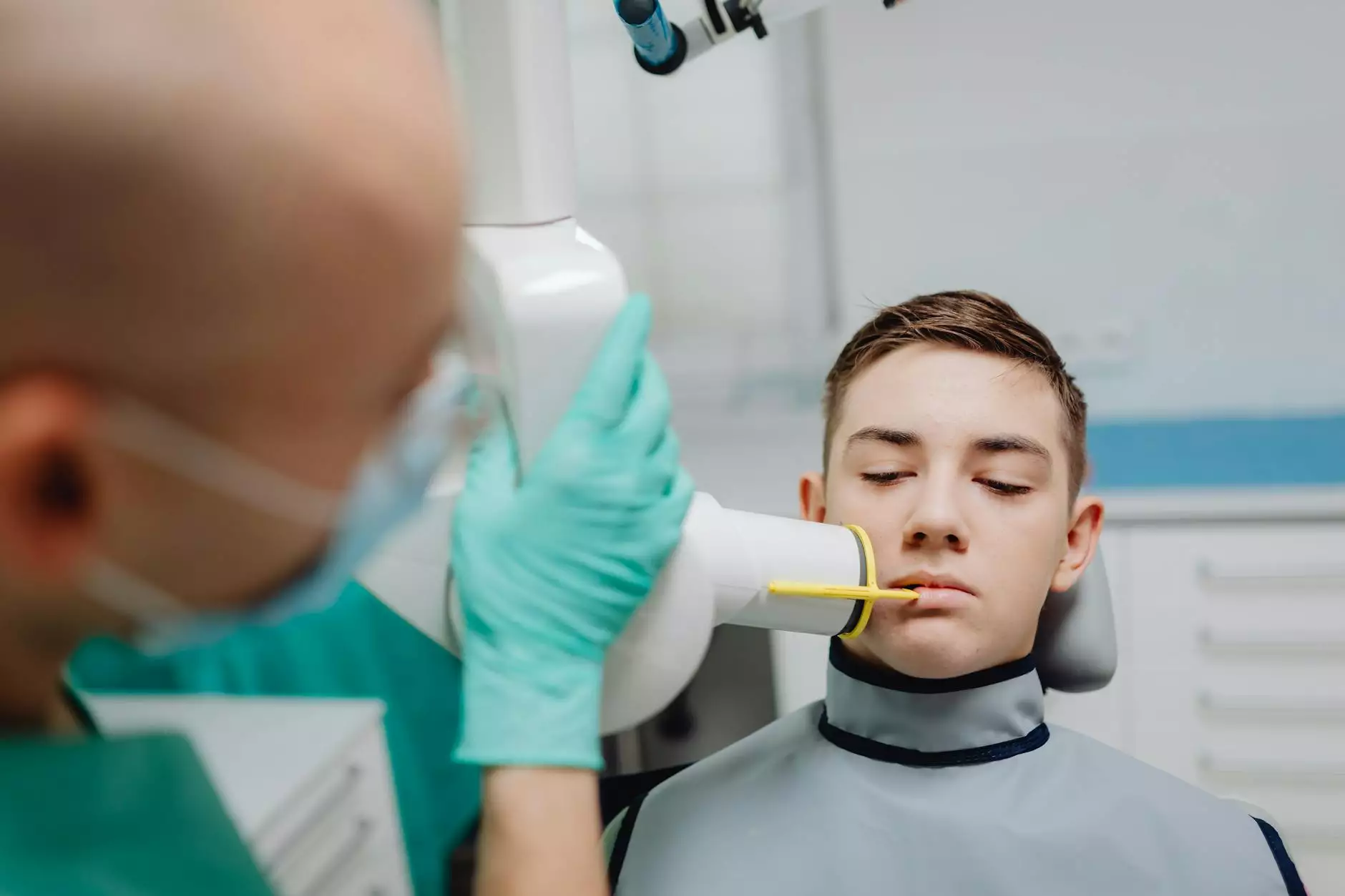Understanding the Disadvantages of Dental Crowns

The use of dental crowns has become a common solution in modern dentistry, providing a method to restore the structure and appearance of damaged teeth. While dental crowns can effectively address various dental issues, it is essential to understand the disadvantages of dental crowns before making a decision.
What Are Dental Crowns?
Dental crowns are custom-made caps that are placed over a tooth to restore its shape, size, strength, and appearance. They are often used in scenarios where a tooth has been significantly damaged due to decay, fractures, or after root canal treatment. Crowns can be made from materials such as porcelain, metal, or a combination of both.
Common Types of Dental Crowns
- Porcelain Crowns: These crowns mimic the appearance of natural teeth and are popular for front teeth restorations.
- Metal Crowns: Made from durable metals like gold or silver, these crowns are used for molars and are known for their longevity.
- Porcelain-fused-to-metal Crowns: Combining the strength of metal with the aesthetic appeal of porcelain, these crowns are versatile and durable.
Reasons to Consider Dental Crowns
Dental crowns can offer several advantages, including:
- Enhanced Aesthetics: Porcelain crowns can blend seamlessly with your natural teeth.
- Strengthening Weakened Teeth: Crowns can protect and strengthen teeth that are brittle or compromised.
- Long-Term Solution: With proper care, dental crowns can last for many years.
Disadvantages of Dental Crowns
1. Cost Implications
One of the primary disadvantages of dental crowns is the cost. The procedure can be expensive, ranging from $800 to $3,000 per crown, depending on the material used and the complexity of the case. Dental insurance may not cover the full amount, leaving patients with substantial out-of-pocket expenses.
2. Tooth Sensitivity
After the placement of dental crowns, some patients experience increased tooth sensitivity, particularly to hot or cold temperatures. This sensitivity can persist for weeks or even months, causing discomfort during eating or drinking.
3. Potential for Future Problems
Dental crowns do not prevent subsequent dental issues. A crowned tooth can still develop decay beneath the crown or suffer from gum disease. Regular dental check-ups and good oral hygiene are essential to monitor oral health.
4. Aesthetic Discrepancies
While porcelain crowns are designed to mimic natural tooth color, over time, they can become discolored or lose their shine. This can create a noticeable contrast between the crown and the surrounding teeth, which might not satisfy aesthetic expectations.
5. Requirement of Tooth Alteration
The procedure demands significant alteration of the natural tooth structure. This preparation reduces the size of the tooth, making it more susceptible to future damage if the crown fails. In some cases, this alteration may lead to an irreversible condition of the tooth.
6. Risk of Crown Displacement
Dental crowns can occasionally become loose or dislodged, particularly if the cement used during bonding weakens over time. This may necessitate a return to the dentist for re-cementing or, in some cases, complete replacement if the crown is damaged.
7. Allergic Reactions
Though rare, some patients may experience allergic reactions to the metals used in dental crowns. Metals like nickel can trigger sensitivities in certain individuals, leading to discomfort or inflammation.
8. Need for Replacement
While dental crowns can last many years, they are not permanent solutions and might require replacement over time due to wear, fracture, or other issues related to dental health.
How to Mitigate the Disadvantages
Awareness and proactive measures can help mitigate some of the disadvantages associated with dental crowns:
Regular Dental Check-Ups
Routine visits to your dentist can help monitor the condition of your crowns and overall dental health. Early intervention can prevent complications.
Good Oral Hygiene Practices
Brushing twice a day, flossing, and using antibacterial mouthwash can help maintain the health of both crowned and natural teeth.
Choosing the Right Material
Discussing material options with your dentist can help you select a crown type that meets both functional and aesthetic needs while minimizing potential allergies.
In Conclusion
While dental crowns are an effective solution for many dental issues, understanding the disadvantages of dental crowns is crucial when considering them as a treatment option. Patients are encouraged to weigh the benefits against the drawbacks and consult with their dental professionals to make an informed decision that best suits their individual needs and dental health requirements.
Final Thoughts
The journey to a healthy, beautiful smile involves knowledge and informed choices. Understanding the limitations of dental treatments, such as crowns, allows for better overall outcomes and satisfaction. Always prioritize your dental health and consider all options before proceeding with any dental procedures.
References
For more information about dental crowns and dental health, visit WupDoc – your resource for comprehensive medical and dental information.









